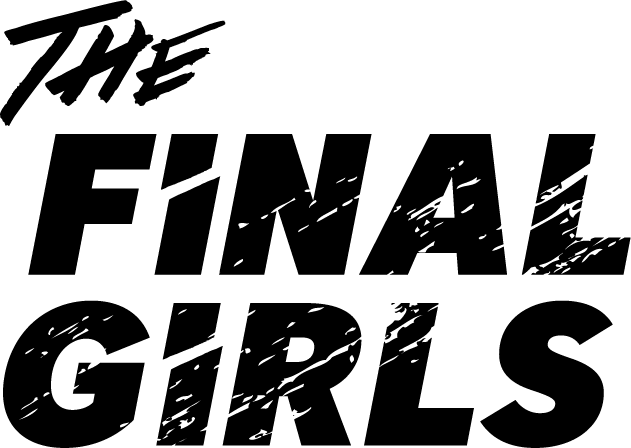Uncensoring the Horror Community
By Leila Latif
Moral panics can look ludicrous in retrospect. With hindsight it's difficult to understand how anyone could have sincerely believed that Mods, Rockers or the Satanic Panic were threats to the fabric of society. But what’s unique about the Video Nasty moral panic is how quickly it was debunked, and how its ludicrousness was laid bare in a single generation.
At the height of the panic in the mid 1980s, the world that Prano Bailey Bond’s Censor depicts, horror films were treated as seedy corrupting forces that had to be stopped from penetrating the minds of society’s most vulnerable citizens. Horror fans themselves were tarred with a similar brush, portrayed either as simpletons unable to watch The Driller Killer (1979) without thinking it was aspirational or twisted perverts trying to force salacious images upon innocent eyes. There were rumours that some of the films the fandom held dear were not films at all but snuff, and the idea that horror fandom would be equally interested in footage of live vivisections as they would The Evil Dead (1981).
As the Video Nasty Panic drove hundreds of titles underground it also gave those titles a totemic value and created a community of determined fans that would pass them around and share their enthusiasm without being labelled masochistic freaks. The censorship only fostered their mistrust in the government as the fans themselves were well aware they weren’t one glimpse of Tenebrae away from going on a murderous rampage. A community of horror fandom born out of creating a network to bypass the censors ended up something much stronger and more important for its members.
In many respects that is the journey that Censor’s protagonist Enid goes on herself. As a repressed BBFC censor she begins the film obsessed with snipping around the gore and covering up the violence, but over the course of the film it is Horror that embraces her and for the first time, we see Enid euphoric with self-acceptance.
When the advent of the internet the Video Nasty panic fizzled out in the nineties. Films like the Texas Chainsaw Massacre (1974), Suspiria (1977) and Possession (1981) became more broadly, and rightly, regarded as exemplary pieces of cinema. But the community of horror fandom didn’t die away as the censorship did. For all that some of it’s members may have twinges of nostalgia for getting their first peak at Cannibal Holocaust (1980) on a well-worn VHS passed down from a friend of a friend’s older brother, what has been gained is immediate access to a far-reaching network of people to reassure you there is nothing wrong with you.
Horror communities thrive everywhere: from rapturous audiences of Fantasia Fest, to the pages of Fangoria to the forums of nosleep Reddit. Here at The Final Girls we’ve carved out our own place in that world, for horror fans and feminists keen to pour over these films, share our enthusiasm and newly interpret the screams and splatters of blood. Censor’s release marks a triumph for the fandom, though it is only one in a series of great horror films of late to receive such widespread acclaim and attention, it serves as a victorious reminder of how far the horror community has come. The films we love aren’t being hacked apart in smoky basements but being critically adored and given pride of place in prestigious magazines. The horror community, having been shamed and ridiculed in the Video Nasty era, is able to stand proud. Censor proves once and for all that we weren’t the ones being ridiculous.
Leila Latif is an Anglo-Sudanese writer & broadcaster based in London and the editor of Bloody Women. She regularly contributes to Little White Lies, Total Film, The A.V. Club, Sight & Sound, Front Row and The Arts Hour and many others. She is a horror film aficionado who will defend Scream 4, Saw 6, The Evil Dead Remake and season 6 of Buffy with her dying breath.
We've been going independently for years now, and so far have self-financed every single project. In order to do more work, and continue supporting amazing filmmakers in the genre space, we've launched a Patreon.
If you are able to support us and the work we do on Patreon, we'd truly and deeply appreciate it.


